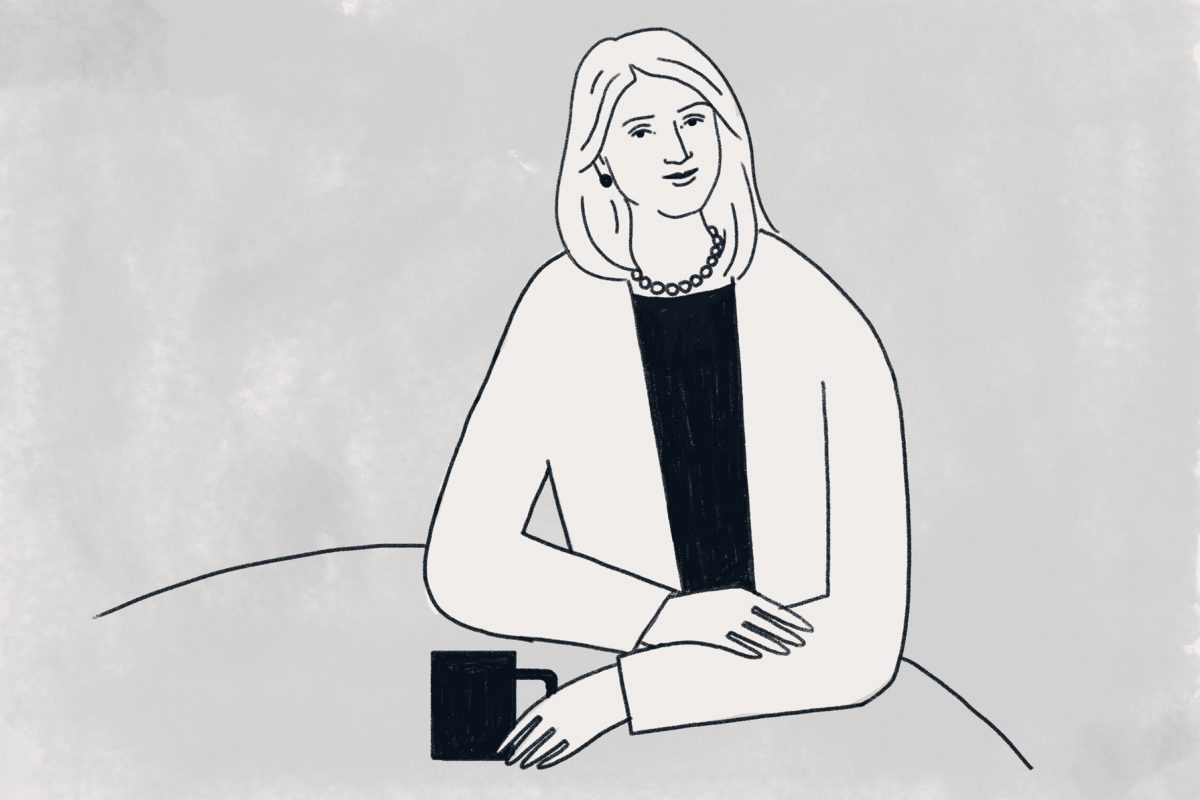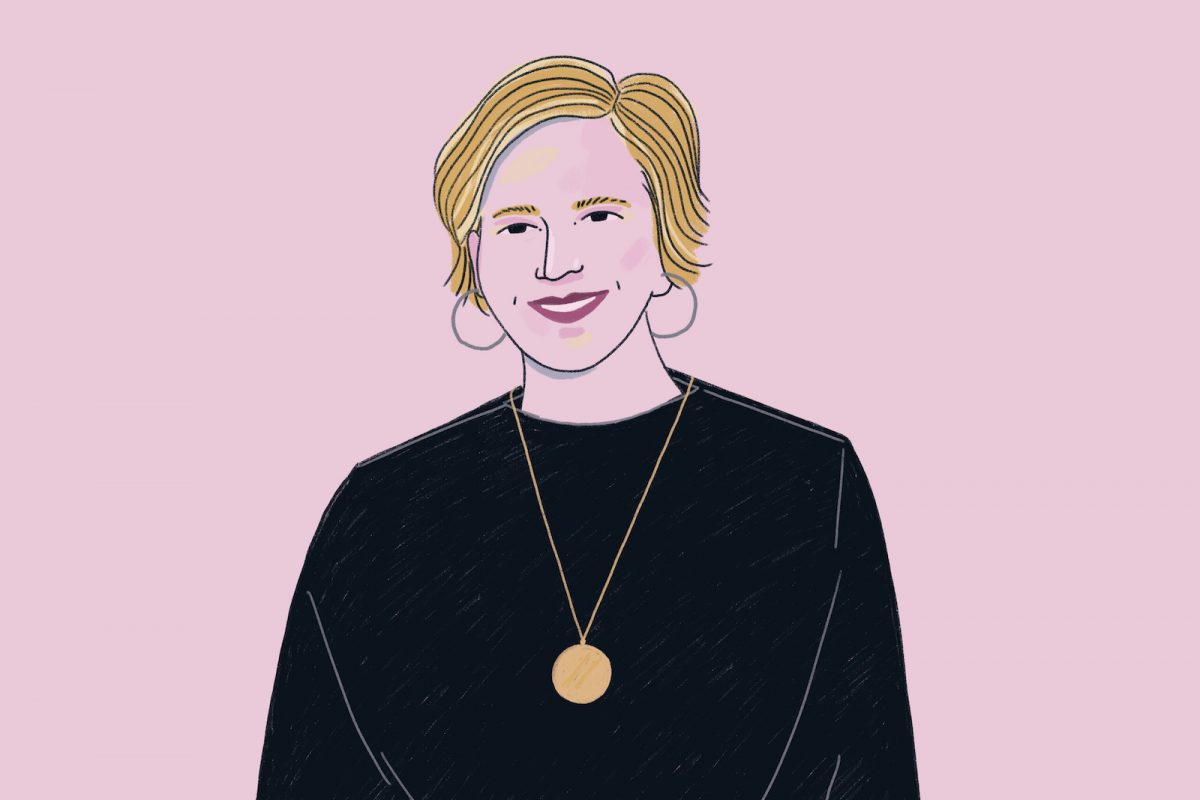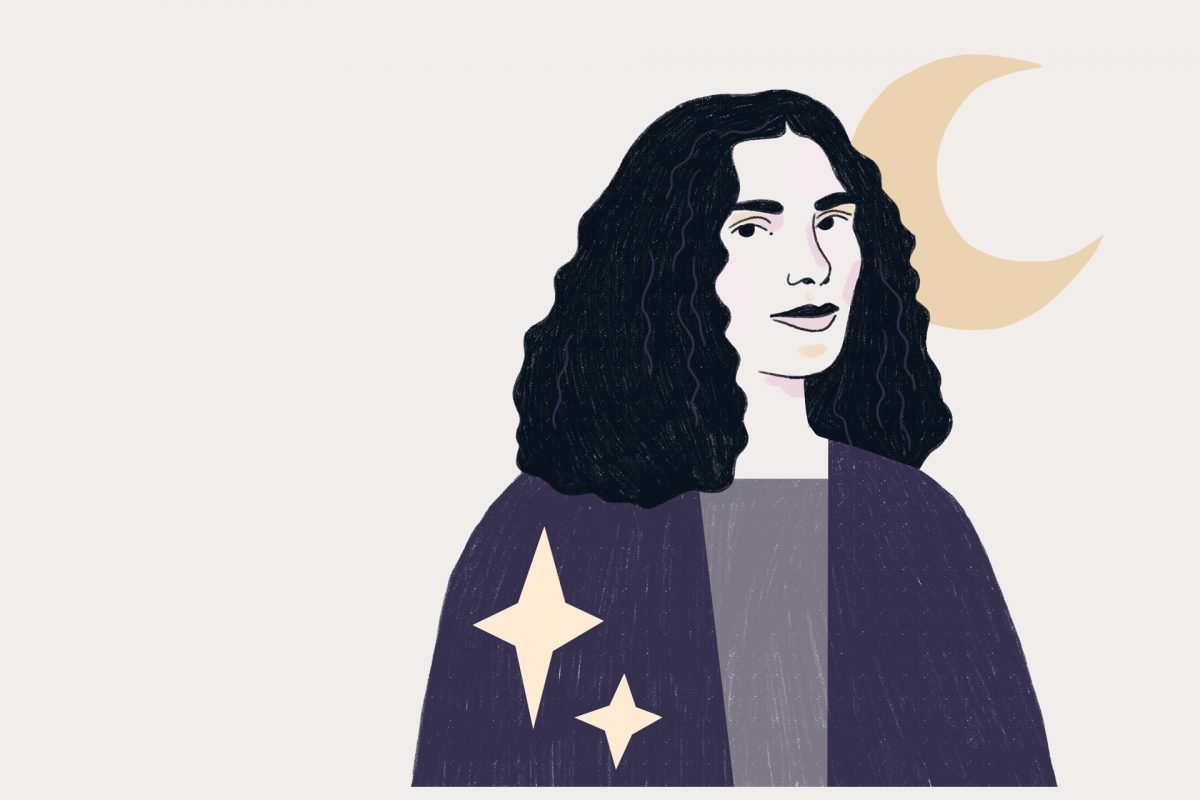Arianna Huffington is the iconic businesswoman of our time. Her namesake, The Huffington Post (now HuffPost), is a Pulitzer Prize-winning global media platform, and she serves on the board for numerous businesses – including The Center for Public Integrity. Arianna is also the author of 15 books and the CEO of Thrive Global, a health and wellness startup she founded in 2016.
Her company’s mission is to help end the burnout epidemic by offering sustainable, science-based solutions and to create a healthier relationship with technology. After collapsing at her desk from exhaustion in 2007, Arianna was forced to confront her work and lifestyle habits. She was overscheduled. She wasn’t sleeping. So she began to reevaluate her priorities and the importance of taking a step back from work at times. Her growing interest in well-being inspired her to launch Thrive Global, and in her most recent book, “The Sleep Revolution,” she explores the topic of sleep through historic, scientific and personal perspectives.
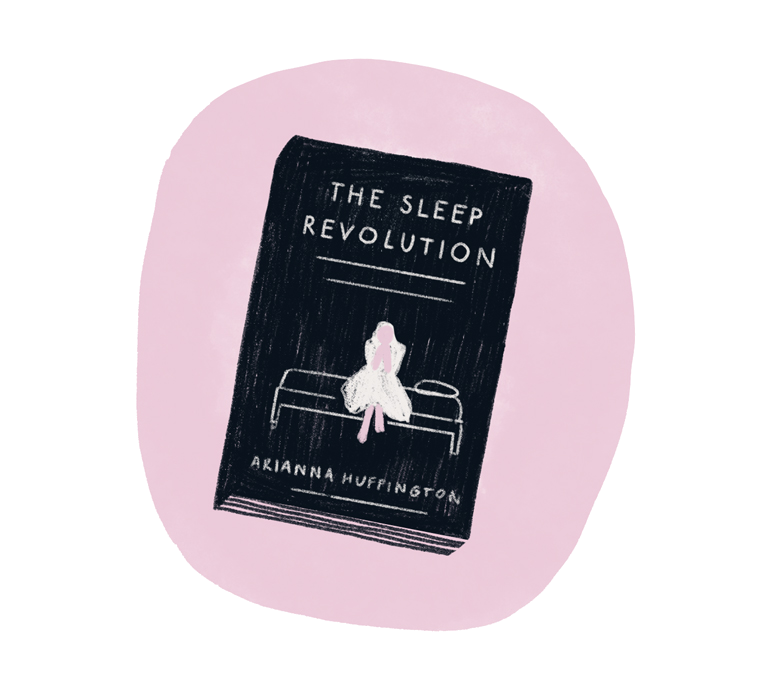
We interviewed Arianna at the Thrive Global headquarters in New York, where we discussed how a tidy room helps you sleep better, how joy has been central to her success, and more.
How might the tidiness of someone’s space impact their ability to fall asleep?
Much of what keeps us from sleeping is the clutter in our minds. Clutter in our physical space creates stress by reminding us what’s incomplete. So, as the UK Sleep Council recommends, decluttering your room can help declutter your mind for a better night’s sleep.
Marie believes in the importance of routines and rituals, like greeting your home or emptying your bag every day. Do you have routines?
Routines help us internalize behavior so it becomes natural and we no longer have to think about it. This is especially important at night, as a set ritual helps tell your mind and body that it’s time to begin to wind down. My own involves turning off all my electronic devices and gently escorting them out of my bedroom. Then, I take a hot bath, which I prolong if I’m feeling anxious about something. Sometimes I’ll have a cup of chamomile or lavender tea if I want something warm and comforting. I also love reading real, physical books – especially poetry, novels and other books that have nothing to do with work.
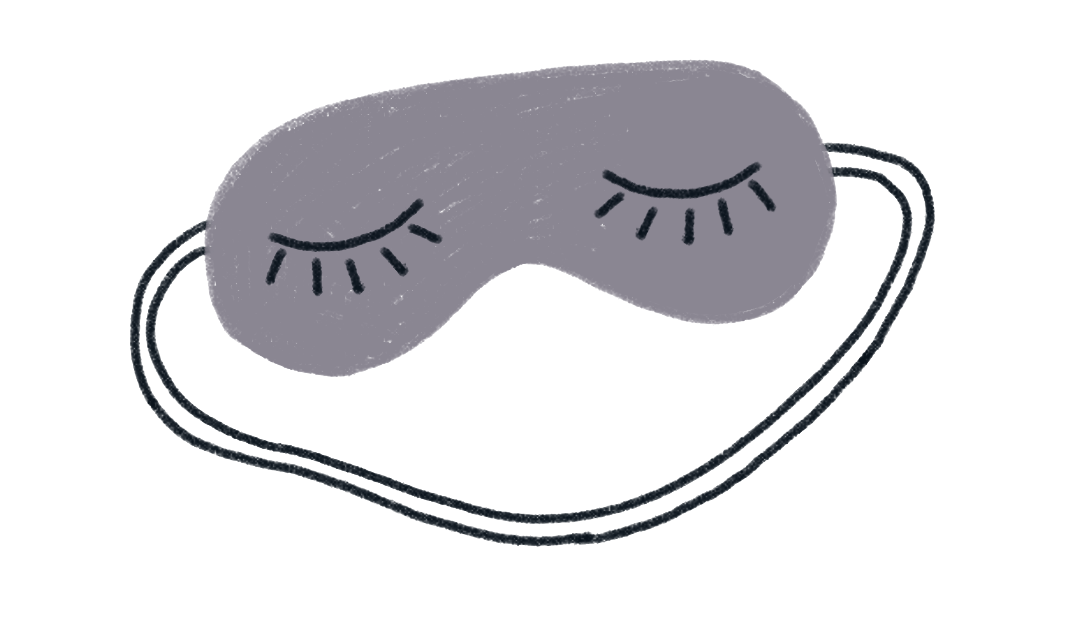
What is your advice for establishing a bedtime routine?
Everyone’s routine will be different, but what’s important is that you establish one. At Thrive Global, we recommend what we call microsteps – small, actionable steps you can incorporate into your life today. One microstep we particularly recommend is charging your phone outside your bedroom. Our phones are repositories of everything we need to put away to allow us to sleep – our to-do lists, our inboxes, our anxieties. So putting your phone to bed as a regular part of your nighttime routine makes you more likely to wake up as fully charged as your phone.
“To disconnect, you must make the effort – it won’t happen by itself.”
Do you use a particular method to unplug?
In the morning, a big part of my ritual is about what I don’t do – I don’t start the day by looking at my smartphone. Instead, I take a minute to breathe deeply, be grateful and set my intention for the day. Then I’ll meditate for 20 to 30 minutes.
To disconnect, you must make the effort – it won’t happen by itself. Try ditching your phone when going to lunch, taking a walk, or eating dinner with friends.
You have so many roles and responsibilities. What inspired you to start another venture, and why did you dedicate Thrive Global to wellness and productivity?
It goes back to 2007 when I collapsed from exhaustion. In finding out what was wrong – burnout – I became more passionate about the connection between well-being and productivity. That motivated me to write two books, “Thrive” and “The Sleep Revolution.” As I went around the world speaking about the books, I saw how deeply people wanted to change their lives. So I decided to go beyond just speaking out and raising awareness – I felt the need to turn this passion into something real and tangible. It was a call to action I couldn’t ignore, and so I founded Thrive Global.
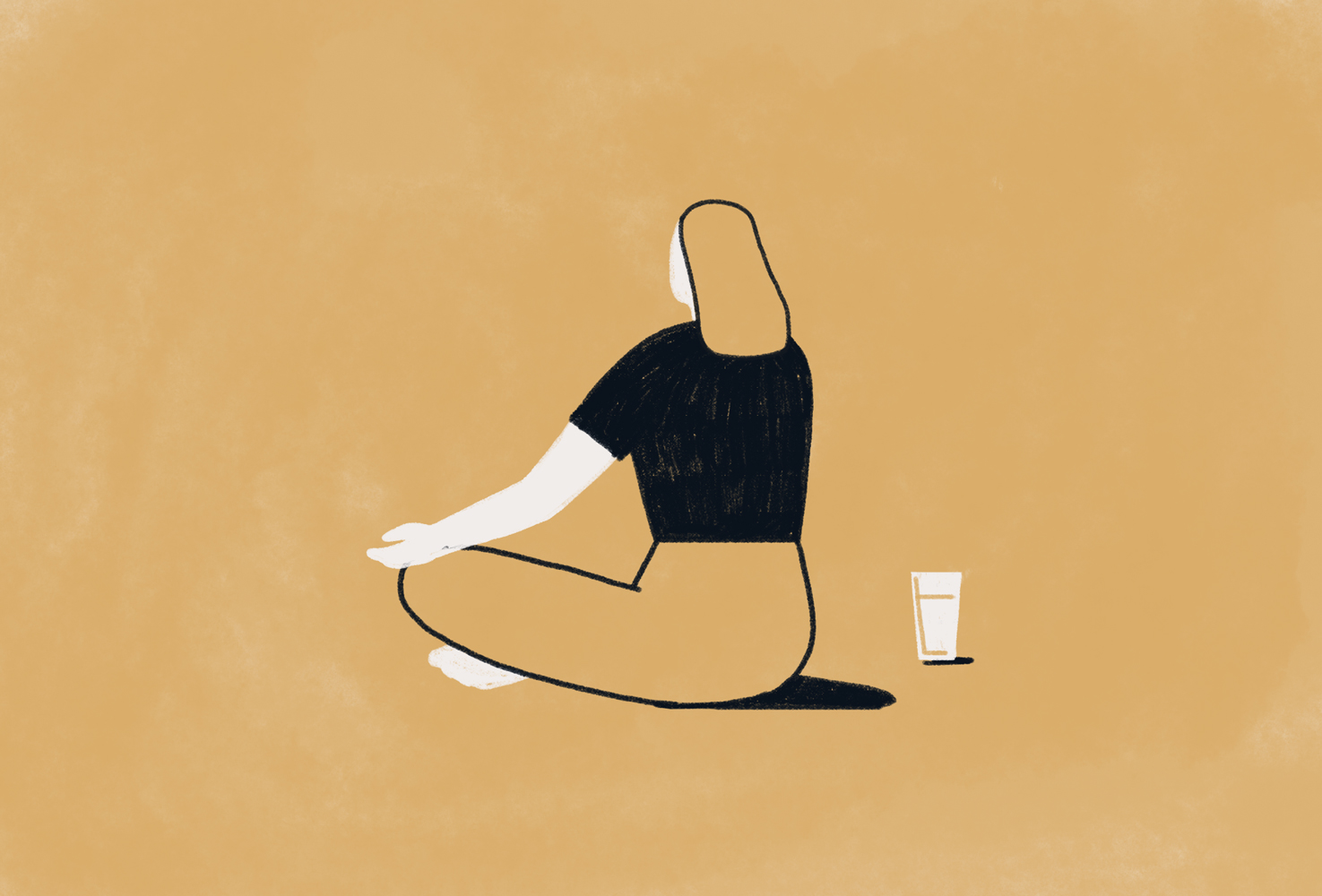
What are your suggestions for increasing work-life balance?
The first step is realizing that work and life are not on opposite sides – so they actually don’t need to be balanced. They’re on the same side. If you increase one, you increase the other, which is what the science clearly shows. Once you realize that, it’s much easier to be ruthless about making time to take breaks and recharge. When you do this, you’re not being selfish, you’re being responsible.
“I made it my mission to help people free themselves from the collective delusion that burnout, stress and sleep deprivation are the price we must pay for success. ”
What are some thinking patterns you’ve observed in people who prioritize work over wellness? How can they reprogram their thought processes?
They first have to be disabused of the myth that overwork – and being always “on” – leads to success. I once believed that, but I learned the truth the hard way. I made it my mission to help people free themselves from the collective delusion that burnout, stress and sleep deprivation are the price we must pay for success. And there’s an increasing amount of science supporting this.
But even if you realize this, it’s not easy to put the science of well-being and productivity into action in a workplace culture that prioritizes burnout. If your workplace still believes in the myth of burnout, you have to take steps to turn that around – so that those who take care of themselves are the ones celebrated, congratulated and promoted.
What are some boundaries that people who work from home can establish to separate their work and personal time?
People working at home often feel the need to be available all the time, but being in that “always on” state is terrible for well-being. It’s not only acceptable but vital to disconnect, unplug, recharge and deliberately build movement into your day. Just be sure to set expectations with your manager and colleagues so everyone is on the same page.
How does your work continue to spark joy for you?
The mission of Thrive Global – to help people escape the burnout epidemic so they can thrive – is incredibly motivating and sparks joy for me every day. The through-lines to my life have been my love of helping people engage and connect – with their jobs, with their friends and family, and especially with themselves. Being able to continue to do that is a privilege that gives me great joy.
“You have to make time to disconnect from the world so you can connect with yourself.”
How do you decide what projects to undertake?
It’s about finding out what you truly value – to discover, as you say, what gives you joy. But to do that, you have to know yourself – and to know yourself, you have to make time to disconnect from the world so you can connect with yourself. That will make it much easier to identify your values and then make decisions about what to undertake.
That’s how we approach tidying, too. First, you must envision your ideal lifestyle – and you have to know yourself to do that.
How has the question, “Does it spark joy?” contributed to your overall wellness?
This question is incredibly liberating. If something doesn’t spark joy, it’s likely giving you something else – stress, guilt or even just the pressure of being another thing on your to-do list. Freeing the small part of your mind that each of these things occupies gives you a greater capacity to feel joy from what you truly value.



